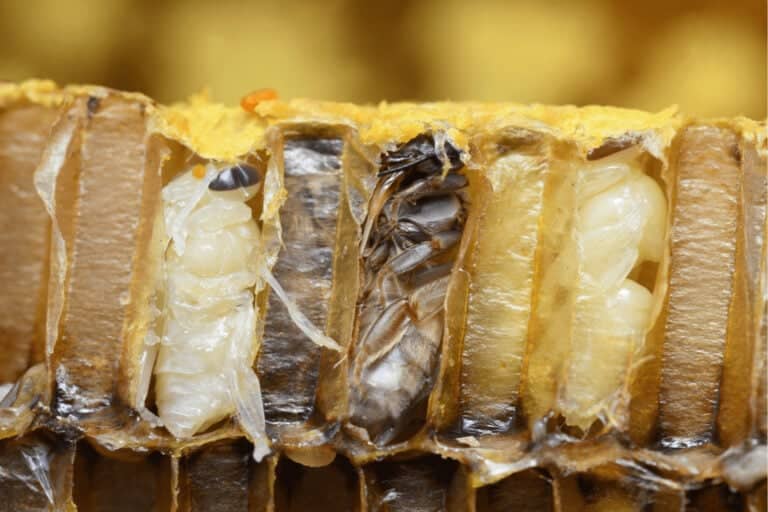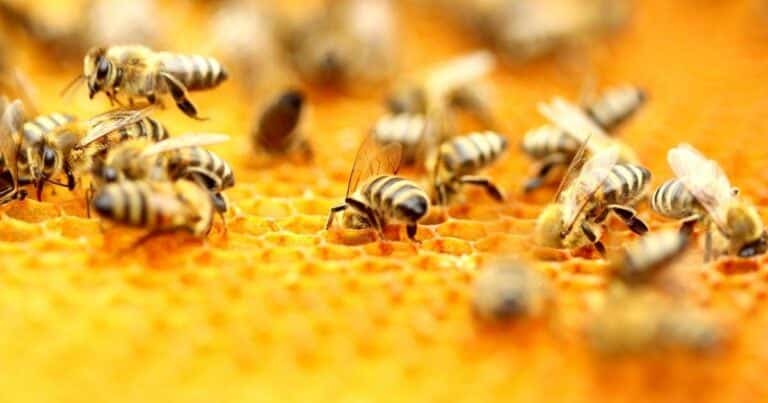In Praise of Slowness
In Praise of Slowness In this sped-up world, an everything-all-of-the-time mentality can be difficult to avoid. We want things right now, we want them yesterday….
In Praise of Slowness
In this sped-up world, an everything-all-of-the-time mentality can be difficult to avoid. We want things right now, we want them yesterday. We seem to have all we need and desire inside our phones and computers. Our relationship with technology makes disconnecting seem almost impossible, and at times relaxation feels like an ancient myth! I don’t know about you, but even though I am a self-confessed busy bee, I feel that slowing down might be the key to our survival.
Slowness, therefore, is a profound modern-day rebellion. It is also more than what it seems. To go about things slowly extends to making time for what is truly important: for me this is family, friends, humanity, the environment, animals, food, music, good will. In fact, the insistence by psychologists for us to seek balance through a kind of slower lifestyle (falling under the umbrella of mindfulness) might just help us avoid the onset of societal-induced anxiety.
For me, Europe has always felt like somewhere that quite naturally embraces a slower way of life. This might be its many countries, with distinct cultural traditions, existing near one another; to keep that culture requires a resistance to unnecessary progress. There is also a commitment to food that seems to be shared across the region, where home cooking is still valued, and recipes are passed down from older generations. Lastly, I notice a kind of lust for life—or joie de vivre—that places the simple passion for living and being with others at the forefront of people’s daily lives.
This philosophy is, however, an actualised way of living. The ‘slow movement’ is said to have begun in 1986 when political activist, Carlo Patrini, protested against the opening of McDonalds in Piazza di Spagna in Rome. This sparked a move toward a slower way of life. Where food is concerned, slow-movers oppose the culture of fast food, and instead seek and encourage the enjoyment of regional produce, traditional cuisine and organic processes. Not only does this have a positive effect on human health, it also defends agricultural biodiversity.
So how does this relate to bees? Beekeeping fits perfectly into the slow approach to living. It not only encourages people to engage intimately with animals and nature, but to nurture their bees in order to receive delicious slow-made food while helping the environment at the same time. The process of keeping bees, and harvesting small-scale honey batches, encourages people to talk to one another, to generate a sense of community around their lifestyle, and to reject food suppliers that don’t have the wellbeing of their consumers, or animals, in mind. Be wise, be slow.





